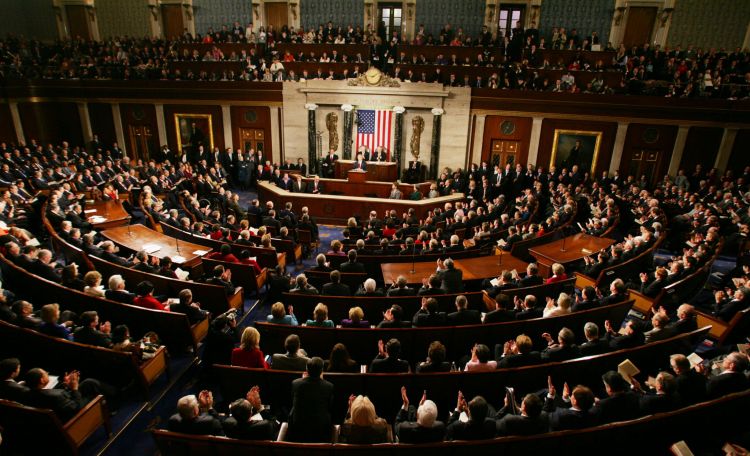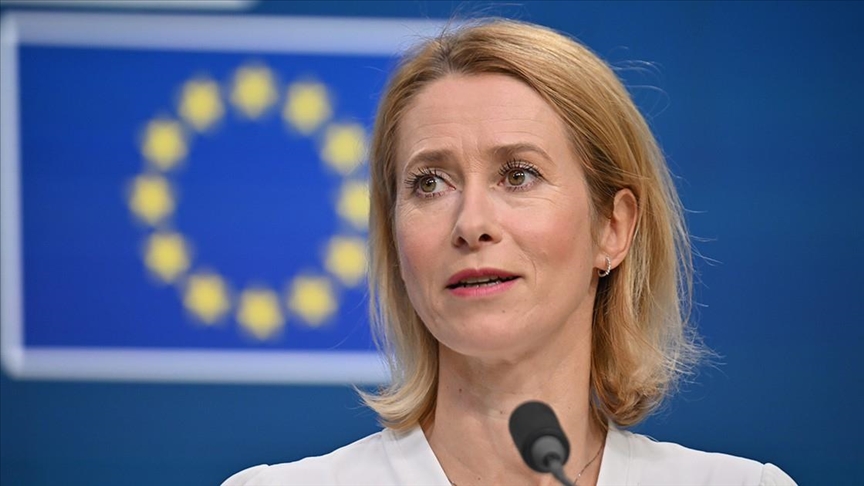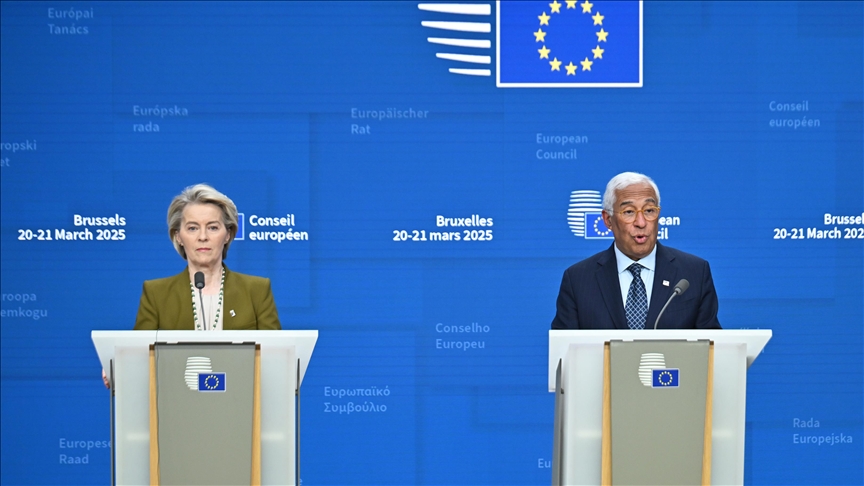Following the Trump-Kim summit, Congress will find itself juggling two somewhat conflicting briefs: giving the president space to make diplomatic headway while ensuring that significant concessions to North Korea do not precede steps toward implementing a rigorous verification protocol.
The Trump administration has shown appreciation for the need to include Congress in any process toward a nuclear deal in order to ensure its durability. Equally, there is a push in Congress to demand a stringent inspection regime while retaining a clear-eyed understanding of the near-impossibility of implementing such a regime.
The North Korea Nuclear Baseline Act, which a group of Democratic and Republican members of the House of Representatives introduced in advance of the Singapore summit, offers a modest starting point for congressional oversight of U.S. engagement with North Korea. However, in the coming weeks, months, and in perhaps even years — in the unlikely event that we manage to short-circuit a complete meltdown of a deal — Congress will need to play a strong role in shaping, implementing, and overseeing any agreement.
In the pre-summit strategic setup, the United States dangled sanctions relief as a carrot to coax changes in North Korea’s behavior and priorities into alignment with its own agenda. Given the high likelihood that the Kim regime cheats or tries to walk back agreed-upon verification protocols, the United States will once again need to be at the helm of re-orchestrating an airtight sanctions regime as a check against bad-faith behavior. If Pyongyang impedes inspectors or fails to live up to an agreed timetable on dismantling nuclear and missile systems, then the White House will need to work with Congress on new measures and secondary sanctions to help return to a policy of maximum pressure.
Here, Congress can be an instrumental player. In addition to supporting enforcement of comprehensive sanctions that had been in place since last fall, new legislation would provide the administration with necessary firepower to bring allies and third countries into alignment with an even more resilient sanctions regime. In the meantime, Congress will also need to position itself as a check against the Trump administration should it incautiously offer major concessions on sanctions relief or a formal peace treaty too early on in the negotiating process.
Additionally, as bilateral negotiations expand to multiparty talks with other regional players, the United States will need to be prepared for discussions — and more pointed objections from China — about U.S. troop levels on the Korean Peninsula. It was certainly promising that leading up to the Singapore summit, the Trump and Moon administration’s views on moving the needle on the armistice agreement toward a peace treaty appeared to converge. But a formal peace accord could undermine the legal basis of America’s alliances in both South Korea and Japan, and Congressional approval of a peace treaty would be accompanied by its own unique set of challenges.
Despite the enduring centrality of the U.S.-ROK alliance to South Korean security, if inter-Korean relations improve, South Korea may seek greater autonomy in managing the normalization of the peninsula. Left-leaning voices in South Korea’s National Assembly could return to their refrain that South Koreans are subsidizing U.S. troops that are mainly charged with U.S. power projection into Northeast Asia, rather than deterring a North Korean attack.
The Trump administration’s continuing demands that allies pay more of their fair share of mutual defense commitments are likely to amplify these voices, particularly in the midst of renegotiating a burden-sharing accord known as the Special Measures Agreement by year’s end. Interestingly, the North Koreans have been more amenable to U.S. troops remaining in South Korea than most Americans might initially expect, in large part due to its fraught history with China. Congress will nonetheless need to be vigilant of stresses and potential cleavages in the U.S.-ROK alliance, which China would no doubt fully exploit.
Finally, North Korea’s abysmal human rights record, which while as a matter of strategy has not been included on the agenda for the Trump-Kim summit, casts a pall over diplomatic engagement with the Kim regime. Around this time last year, the Senate introduced a bill that spotlighted dire conditions in North Korea’s political prison camps and detention facilities.
And while the administration was willing to sound the alarm when at loggerheads with the Kim regime, it will likely remain circumspect about expanding the scope of nuclear talks with North Korea. Congress must, therefore, continue to speak out regarding North Korea’s human rights violations, ensuring that economic assistance and investment does not precede good faith efforts to, in the very least, improve conditions in its gulags.
Ego and impulsivity may have precipitated the United States and North Korea’s initial foray into summit diplomacy, but the road to verification and monitoring of North Korea’s nuclear dismantlement will be potholed — and the pace, plodding. As a host of regional players in the Indo-Pacific seeks to influence North Korea’s path to normalization, Trump’s “get to know you plus” summit will quickly become a complex, multidimensional game of chess.
A major strength of North Korea’s negotiating position is that its strategy toward the United States is grounded in the analytical consistency that comes with having a leader-for-life, Kim Jong Un, whose top foreign policy priority has been and will continue to be the United States. In order for the United States to execute a sustained, coherent, long-term strategy toward North Korea, Congress has a deeply important role to play in addressing uncomfortable questions that the initial Trump-Kim summit manages to skirt.










